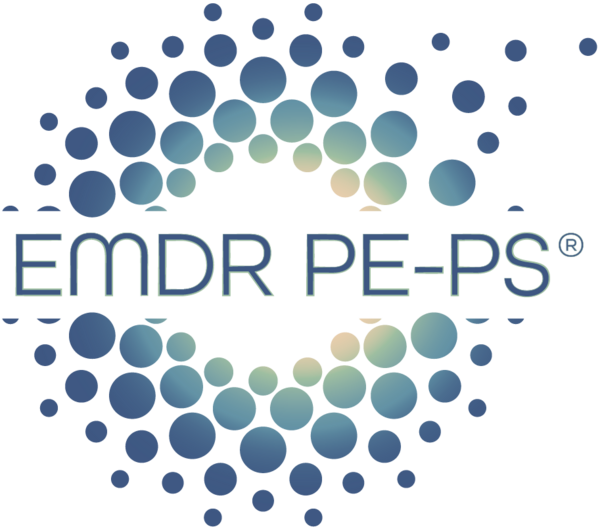EMDR, what does it consist of?
Welcome to the world of EMDR PEPS
An innovative, committed and deeply human therapy.
EMDR – for Eye Movement Desensitization and Reprocessing – is a powerful psychotherapeutic approach, scientifically validated, and recommended by the highest mental health authorities, such as the WHO and the French National Authority for Health. But beyond the protocols, it is an encounter with oneself , a path towards appeasement, rebalancing and reappropriation of one's history.
A solution-oriented and ecological therapy
At EMDR PEPS , we believe that EMDR can be gentler , less exposing , and more environmentally friendly . It is a method that respects each person's pace. Before exploring old wounds, we integrate an initial stabilization and regulation protocol . This precious time allows us to install resources, strengthen adaptation skills, and restore a sense of security before addressing areas of suffering.
This ecological approach is particularly suitable for people affected by complex trauma , work-related trauma , early childhood trauma , or suffering from disorders associated with more structured psychopathology (dissociation, attachment disorders, dysfunctional behavioral patterns, severe anxiety disorders, etc.).
Solution-oriented brief therapy
EMDR is a brief, solution-oriented therapy . This means that it does not limit itself to analyzing the problem, but aims for a concrete transformation , often visible in a few sessions. It allows a natural healing process to be restarted, freeing the brain from emotional blockages linked to undigested events from the past.
What is the scientific evidence of its effectiveness?
The effectiveness of EMDR is based on a solid foundation of scientific evidence . Rigorous clinical studies and numerous meta-analyses have demonstrated its effectiveness in the treatment of psychological trauma , sports trauma , anxiety disorders , phobias , and other stress-related disorders. This research reinforces the legitimacy of EMDR as an evidence-based approach, thus providing real confidence to both practitioners and those being supported.
Who recognizes EMDR in the world?
EMDR enjoys international recognition. The World Health Organization (WHO) lists it as one of the leading methods for treating psychological trauma . The American Psychological Association (APA) also recommends it, along with other validated approaches, highlighting its beneficial effects on various psychological conditions.
EMDR is therefore much more than an alternative method: it is an essential approach , integrated today into many clinical practices across the world.
What distinguishes it from other therapies
What makes EMDR unique is its ability to process painful events without the need for a lengthy recounting of them . The therapy is delivered through sensory activation , without excessive exposure, which is particularly respectful in cases of complex or chronic trauma . It is also a resolution -oriented therapy, working on the past while targeting changes in the present and future.
How does EMDR work?
EMDR is based on a protocol structured in several phases:
- A phase of emotional regulation and preparation : essential for establishing security and stability.
- Identifying target memories : often the root cause of current emotional distress.
- Bilateral stimulation (eye movements, sounds or tapping): to restart natural information processing.
- A phase of emotional desensitization , cognitive restructuring and integration, where the memory loses its emotional charge.
Who is behind EMDR?
EMDR was born from the intuition and rigorous work of Francine Shapiro , an American psychologist. It was by observing the spontaneous effects of eye movements on emotional stress that she began to develop this method, which is now recognized worldwide. Francine Shapiro has devoted her life to formalizing, studying, transmitting and developing EMDR, always with the aim of relieving psychological suffering.
For whom? And for what types of disorders?
EMDR can be used by anyone going through:
- occasional traumas (accidents, assaults, sudden bereavements, etc.),
- childhood traumas , often forgotten but still active,
- complex trauma (repeated violence, abandonment, neglect),
- associated disorders such as: anxiety or phobic disorders , post-traumatic stress disorder (PTSD) , eating disorders , addictions or compulsive behaviors, attachment disorders , work-related difficulties or burnout .
Learn more or start support?
We offer consultations in the office , at home or by teleconsultation , depending on what suits you best. EMDR PEPS is a person-centered approach, respectful of their psychological ecology , and oriented towards well-being .
Discover our other complementary approaches on the website. Contact us if you have any questions. We will be happy to assist you.
CHIAELI CENTER 45 rue des écoles
73300 ST JEAN DE MAURIENNE



